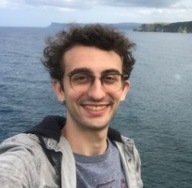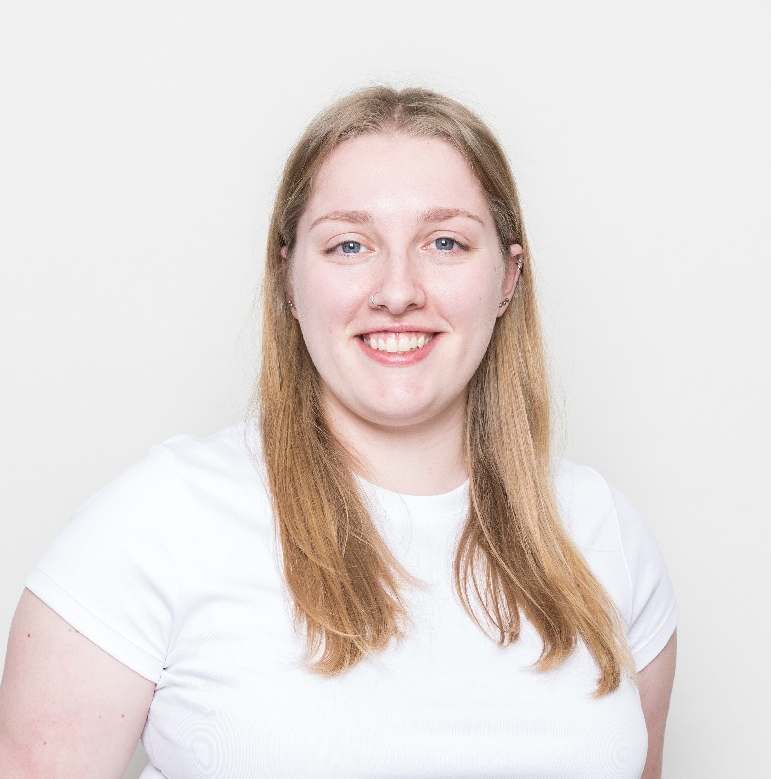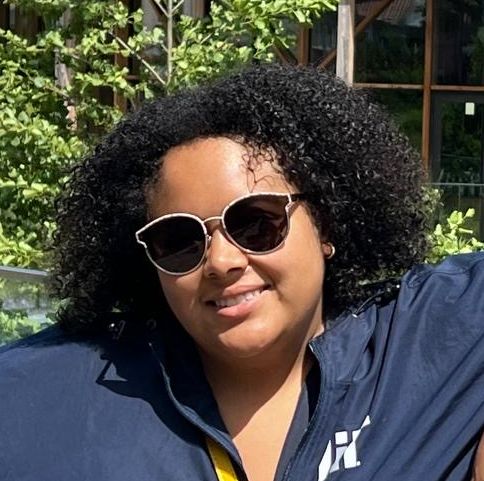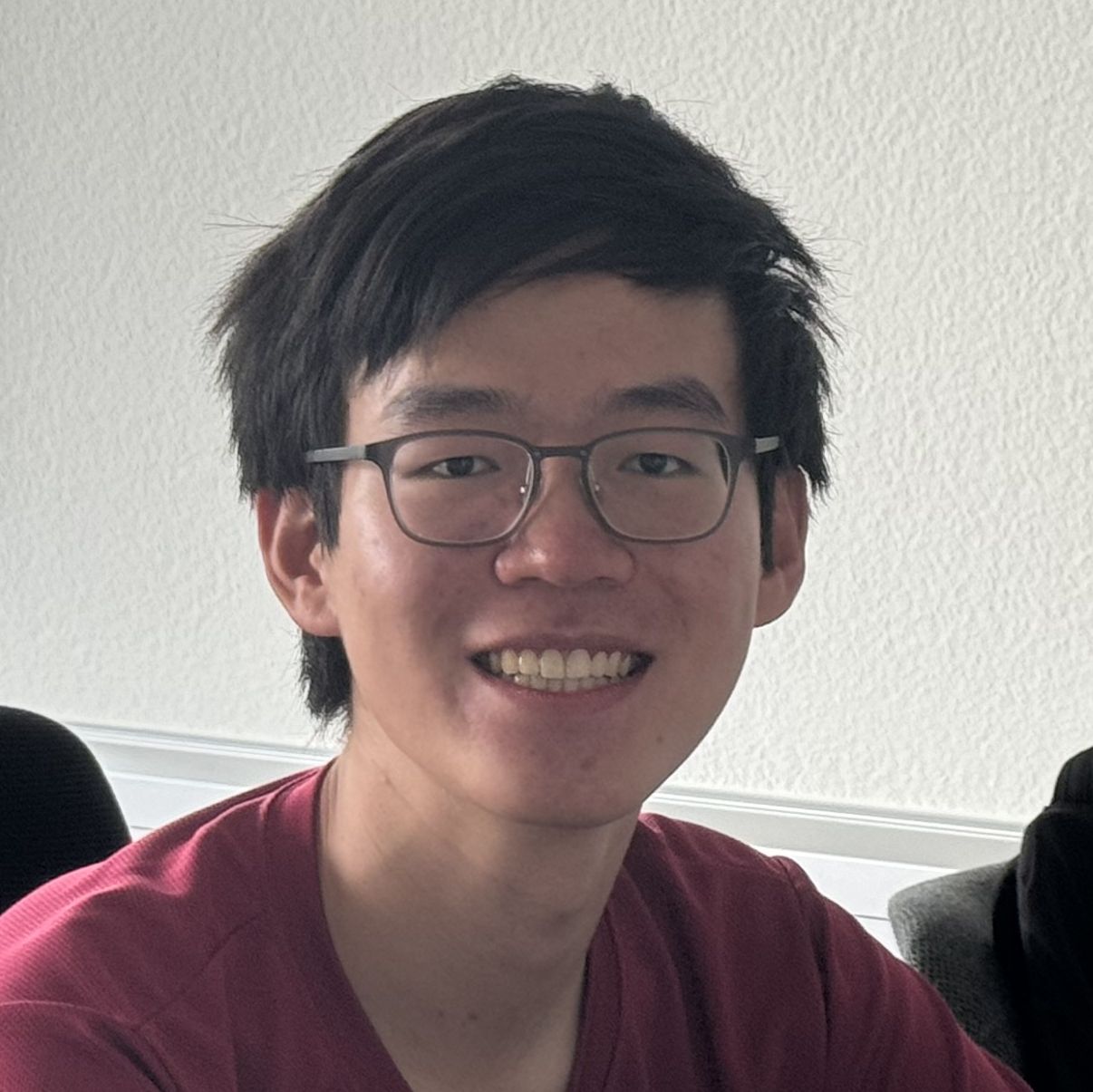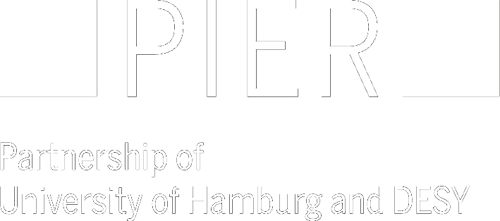"I wanted to challenge myself to do research abroad, so Germany seemed like the perfect place."
Lenna Kanehara recently completed her bachelor's in EECS and Physics at the Massachusetts Institute of Technology (MIT). Her internship in Professor Christian Bressler’s group at European XFEL was funded by the Hamburg Ministry of Science, Research, Equality and Districts (BWFGB). In an interview with us, she talked about her time in Hamburg.
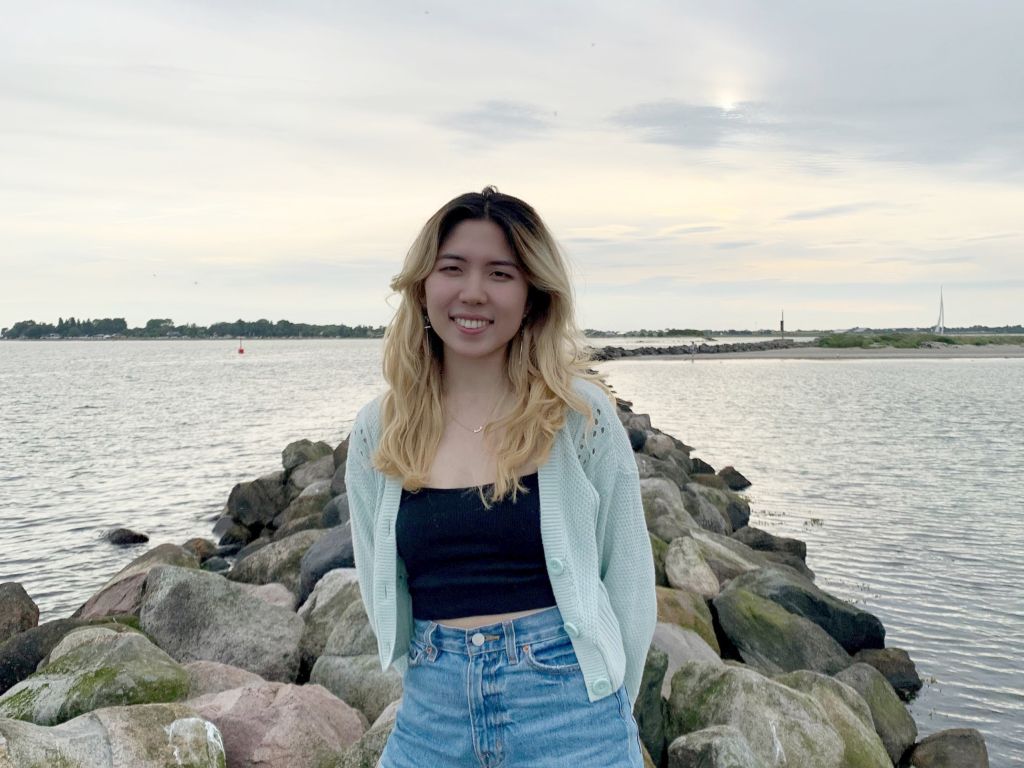
Lenna, what made you choose Hamburg as a destination for your internship? What did you find here – regarding your scientific interests – that you could not find in other places?
I wanted to work in Hamburg because they have a rich environment for physics research with facilities such as European XFEL and DESY. This summer, I wanted to challenge myself to do research abroad, so Germany seemed like the perfect place.
What kind of research are you working on in your research group here in Hamburg?
We are working on ultrafast pump-probe laser spectroscopy to study photochemical processes.Imagine we want to take a video of a chemical process. Using our everyday videography technology, chemical processes would be far too fast of a process to capture. In order to take a video, or a series of photos across a timeframe, we use a technology called ultrafast pump-probe laser spectroscopy. In this set-up, we prepare the sample that we are interested in, pump it with a powerful laser pulse to get the sample in an excited state, and then observe it with a probe laser measuring how different wavelengths are absorbed. The probe laser gives us the sample screenshot (spectroscopy) after a very short time delay from the pump laser. If we vary this short time delay little by little and gather a series of spectroscopy profiles, this will provide us a ‘video’ of our desired chemical process on the order of femtoseconds.
Using this ultrafast pump-probe laser spectroscopy, we experimentally gather various spectroscopy profiles using European XFEL’s powerful laser lab. My job was to develop the software for the data analysis, using the experimental data to determine the population of the different excited states at each time delay. Ultimately, this would allow us to figure out the decay rates of each excited state. Some components to the data analysis include XPM signal fitting/subtraction, chirp correction, and local fitting of decay rate models.
It was my first time working on software meant to be primarily used by physicists, so it really pushed me to merge my two backgrounds in computer science and physics to make the end-product effective.
What, in your view, is the biggest difference between UHH/DESY and MIT? Do you feel, for example, that there are differences between Germany and the U.S. regarding lab or research group culture?
I would say this MISTI experience required me to be more collaborative with others. As I was on the data analysis side, I had to not only think about problems intrinsic to ultrafast laser spectroscopy but also the additional issues that could arise from the data collection side. It encouraged me to work more closely with others in my lab to ask about the experimental setup and discuss the pros and cons of solving issues by altering the setup vs adding more layers to the data analysis stage. My mentor, advisor, and labmates were all always open to have a discussion, so I had a great time working with my group.
Have you had a chance to get to know Hamburg and its surroundings a little bit? What is your impression?
Hamburg is a fun place with a lot of beautiful scenery. One of my favorite places was the view of the harbor at night. I really enjoyed living in St. Georg, which is known to be a more diverse area in Hamburg! I also really appreciated the convenient public transportation in Germany, which allowed me to explore different cities over the weekends.
What is the most important thing you have learned – for your scientific career or for life in general – during your stay here?
There are more research opportunities in Europe than I anticipated. Meeting other researchers from all over the world at European XFEL made me more open-minded to opportunities abroad.
What are your career plans (as far as you can already say)? Would you like to stay in academia?
I am planning to work in San Francisco for a few years after graduation. I am still considering returning to academia, so this summer experience was definitely very valuable.
Would you consider coming back to Hamburg in the future, for example as a graduate/ PhD student?
Yep! I hope to cherish the connections I made in Hamburg this summer.
Thank you very much, Lenna, and all the best to you!
